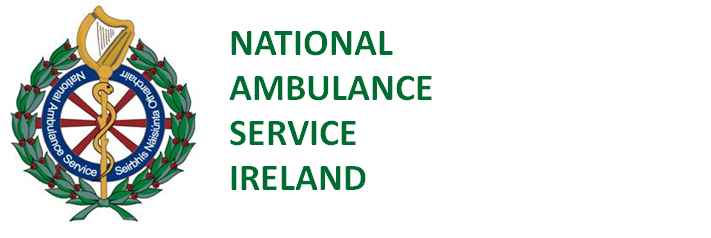In case of emergencies please ring 999/112
What to do in the case of an accident
If someone is injured...
- First check that you and the casualty are not in any danger and, if so, make the situation safe;
- When safe, assess the casualty and dial 999 or 112 for help.
- The Emergency Medical Call Taker will give you instructions over the phone, it is important that you listen carefully and stay as calm as you can
- Information on basic first aid, is available by clicking Accidents and first aid - what to do after an accident
If someone is unconscious but is breathing...
If a person is unconscious but is breathing and has no other life-threatening conditions, they should be placed in the recovery position. Dial 999/112 for help. The Emergency Call Taker will give you further instruction over the phone. It is important that you say as calm as possible, and that you listen carefully to the instructions.
If someone is unconscious and not breathing...
If a person is not breathing you should call for 999/112 and then, if you are able to, start CPR (resuscitation) straight away.
- The Emergency Medical Call Taker will give you instructions over the phone, it is important that you stay calm and follow the instructions carefully.
- See our Accidents and first aid - first aid guide for information on how to deal with common accidents and emergencies, such as choking, poisoning and bleeding.
- See Health A-Z: treating burns and scalds for information on how to deal with burns and scalds.
- See Health: A-Z on what to do if a child has an accident at home.
What can I do before help arrives
Before help arrives, our Emergency Medical Call Takers will talk you through steps you can take, such as:
- If you are in the street, stay with the patient until help arrives.
- Tell us if the patient’s condition changes.
- Tell us if your location changes.
- Turn on all outside lights and open a front/back door
- If possible place a car outside the address with flashing hazards switched on
- If possible have another person outside the address to flag the attending ambulance resource down.
- Lock away any family pets until ambulance resource (s) have departed
- Inform our emergency call takers who the Patients GP is.
- Have patients date of birth, allergies, medications or a list of the medication ready for the crew
- Access to and from the location is clear of traffic and on lookers
How to drive as an Ambulance Approaches
- Always give way to emergency ambulances displaying lights and audible warnings.
- Do not brake or change direction quickly.
- Safely pull over to the left of the road and stop.
- Do not block junctions or driveways.
- If you are at traffic lights, wait for the lights to change to green and then pull over to the left and stop. When the ambulance has passed check your mirrors and indicate before pulling out as others often see this as a chance to overtake.
What if the person does not need immediate medical attention
If it is not a life-threatening emergency and you, or the person you are with, does not need immediate medical attention, consider the options below before you dial 999:
- Look after yourself or the patient at home. If you cannot stay at home, see if family or friends are able to help.
- Talk to your local pharmacist.
- Visit or call your GP.
- Make your own way to your hospital emergency department
The National Ambulance Service receive a large number of calls each year, sometimes for patients who do not require an emergency response from an ambulance but who could be treated more appropriately using a different pathway of care.
- Choose the best treatment for your needs. This will allows us to help the people who need an emergency response.
- Use our Map Centre to find the right treatment centre for you.
